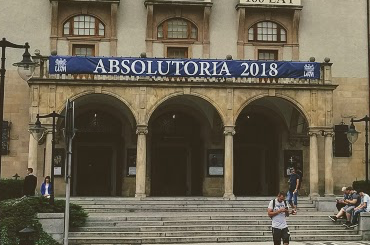The concept of word in Sinitic
In the following posts, we've been tackling the thorny, multifaceted question of whether Vietnamese has words and lexemes, as opposed to having syllables and morphemes:
- "Diacriticless Vietnamese on a sign in San Francisco" (9/30/18)
- "Words in Vietnamese" (10/2/18)
During the course of our discussions, the parallel question of whether Sinitic had words or not also came up. Let me put it this way: although there was no concept of "word" in Sinitic before the 20th century, there were Sinitic words, going all the way back to the oracle bone inscriptions (the first stage of Chinese writing) more than three thousand years ago, as documented in these posts and dozens of others:
- "Polysyllabic characters in Chinese writing" (8/2/11)
- "Words in Mandarin: twin kle twin kle lit tle star" (8/14/12)
- "Polysyllabic characters revisited " (6/18/15)
- "A new polysyllabic character" (4/3/16)
- "Yet another polysyllabic Chinese character" (10/31/16)
Read the rest of this entry »

